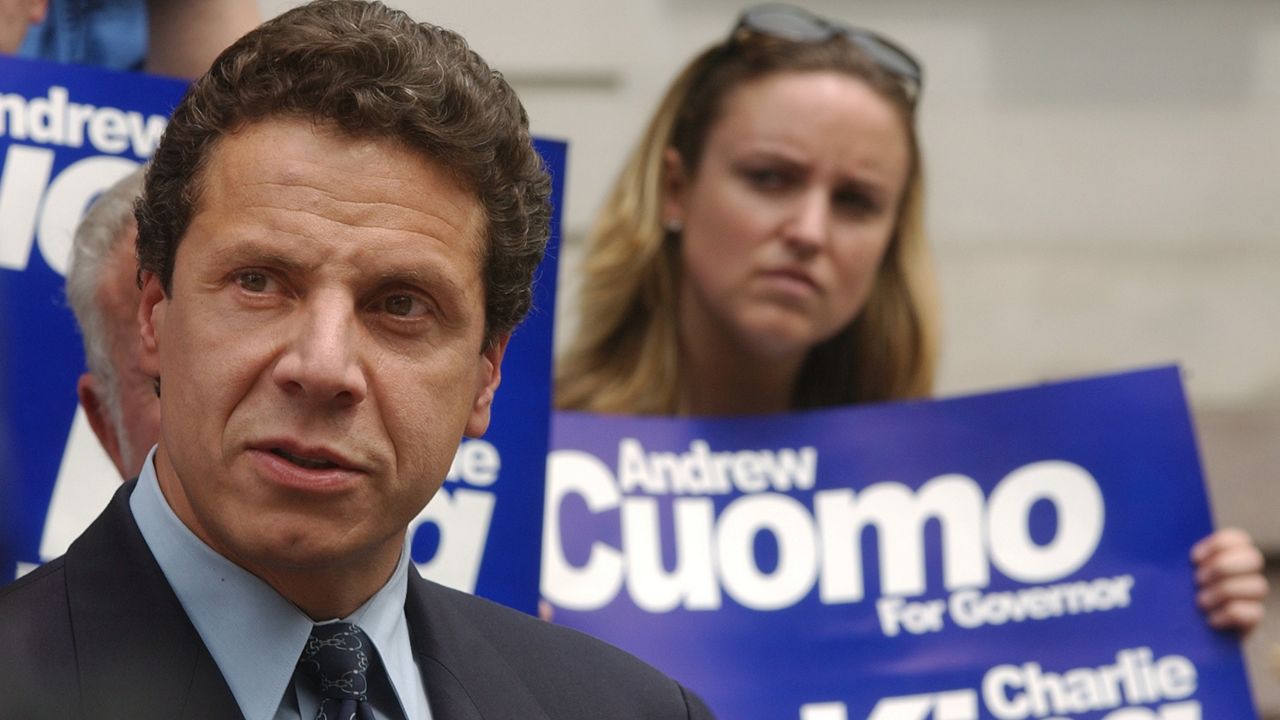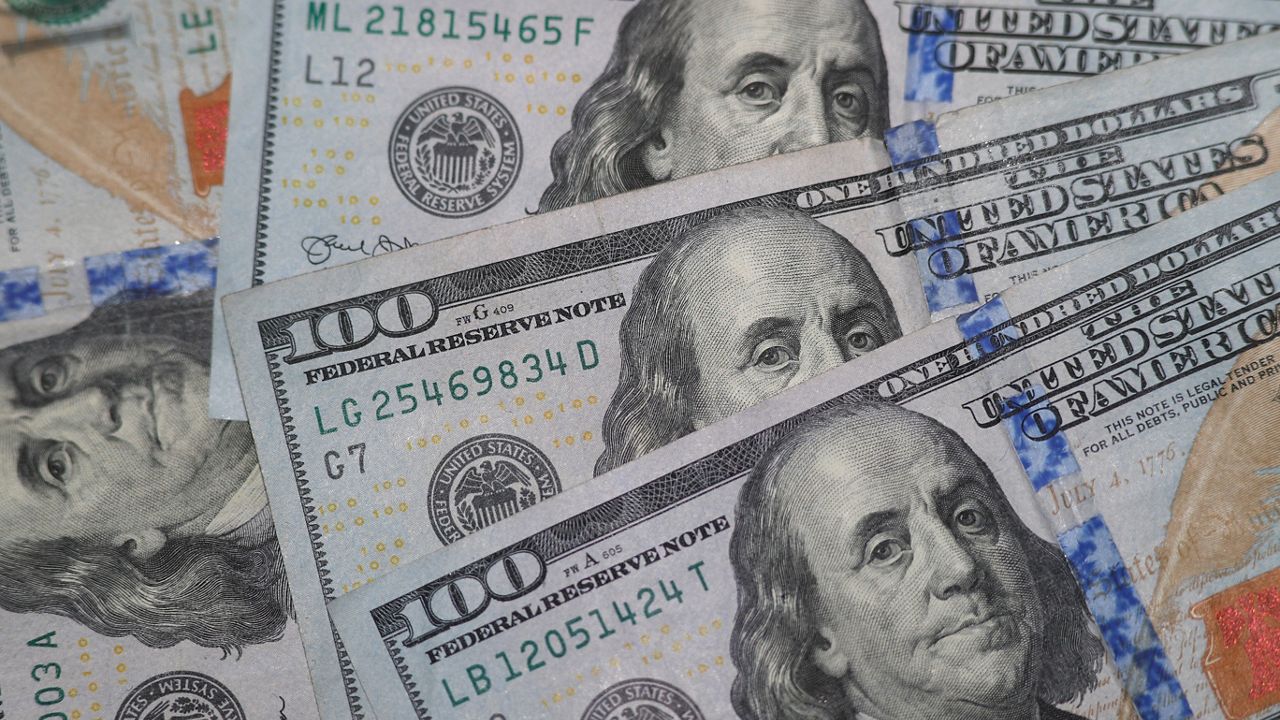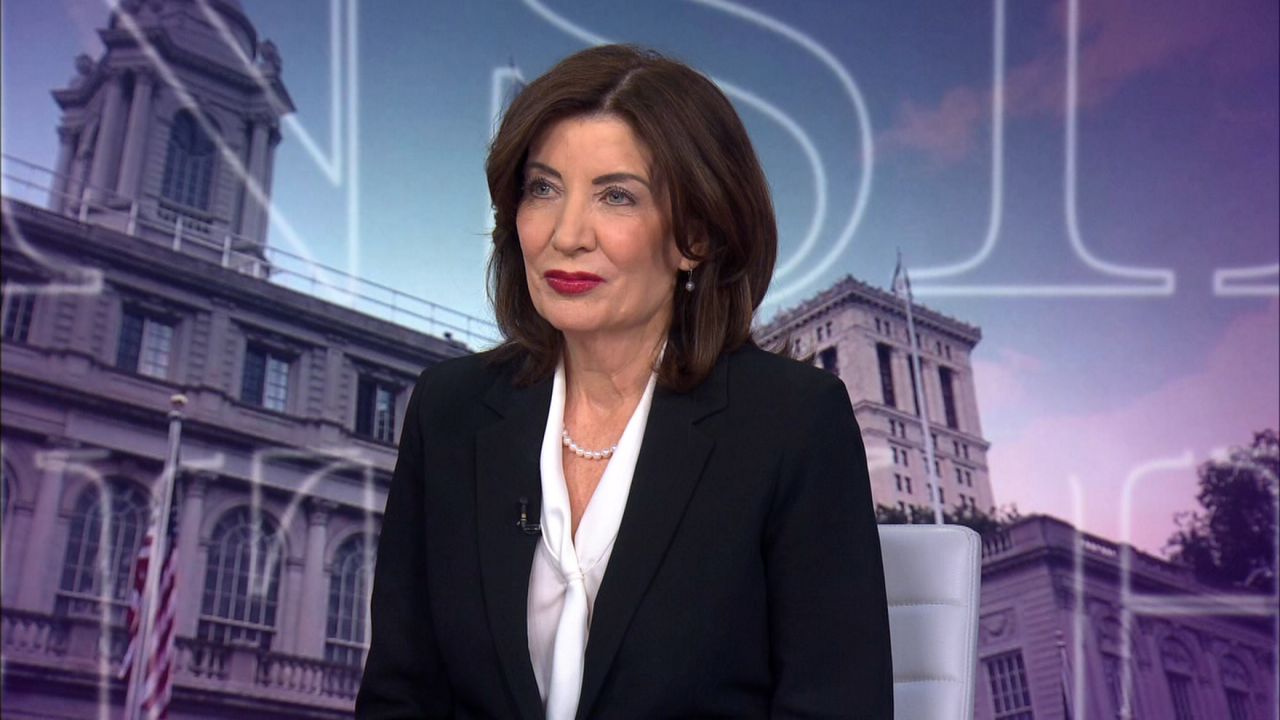Like a lot of supremely confident people at his level of politics, Gov. Andrew Cuomo isn’t one to dwell on failure.
But at his birthday fundraiser at the Essex House in New York City Wednesday evening, Cuomo spoke about his failed bid for Democratic primary nomination for governor in 2002, as well as his late father’s re-election loss in 1994.
“My father lost election in 1994. We think back and say, ‘Oh, Mario Cuomo was so great.’ Yeah, he lost an election in 1994,” Cuomo told donors at the event. “For a number of years we sat around and commiserated about our loss. They say a political loss — don’t take it personally. It’s not personal. No, it’s personal. It’s your name on the ballot, they say I don’t like that name.”
Mario Cuomo’s loss in 1994 was an especially personal one for the governor’s family. Andrew Cuomo has in the past blamed himself, in part, for not being fully involved in the campaign as he was working for President Bill Clinton’s administration at the time.
“My father would replay the game tape over and over and over again and go back through what we could have done, what we should have done,” Cuomo said.
Andrew Cuomo sought to avenge his father’s loss in 2002 to unseat Republican Gov. George Pataki. He ultimately suspended his campaign against Carl McCall for the party’s nomination. He would win a comeback race in 2006 for attorney general. He was elected governor in 2010 and is in his third term.
The lesson learned: Voters want elected leaders who can get things done, Cuomo said, which has been a touchstone for him in office.
“The common refrain was we would be bolder and we would work harder to make real tangible change in real peoples’ lives,” Cuomo said.
The governor rattled off a series of accomplishments in the address, ranging from gun control, college tuition, fighting AIDS, gender equality, abortion rights and infrastructure improvements.
“Government has gotten timid. It’s gotten incremental. And it’s become incompetent and people have lost confidence in government’s ability to help them,” he said. “The challenge for the progressive movement today is to make people believe that again.”









